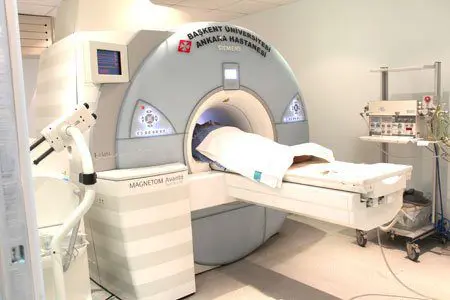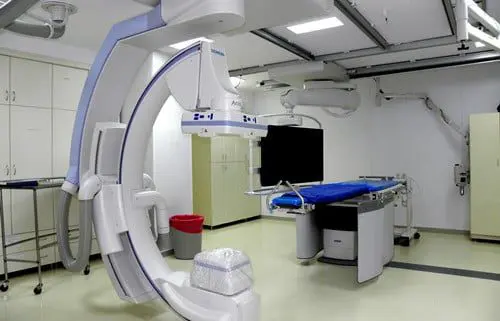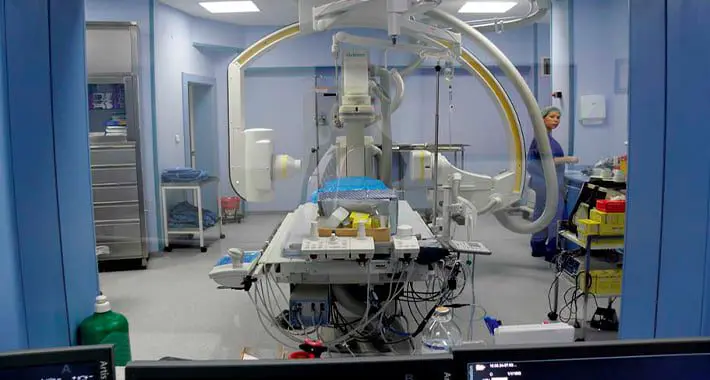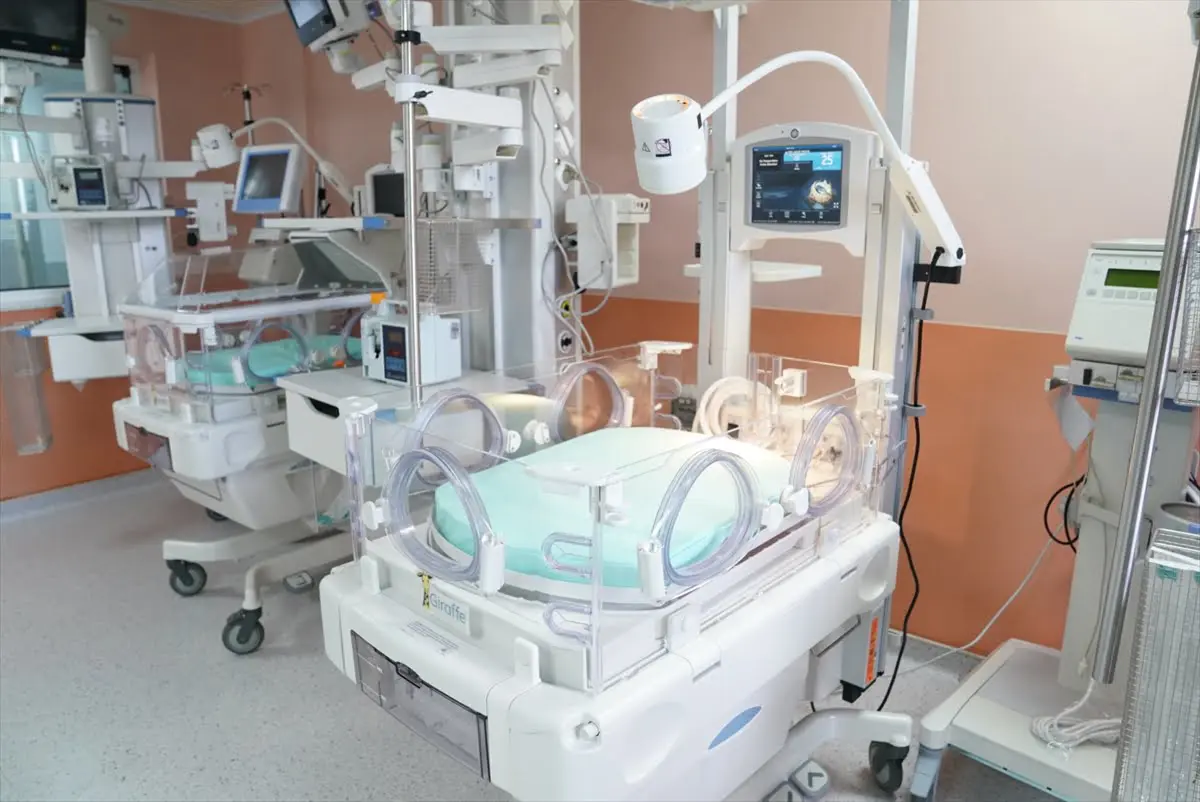Physiotherapy and rehabilitation is a science that aims to increase the functions and performance of people to the maximum level, teach them independent living skills, improve the quality of life by helping to solve problems and treat diseases of muscles, joints, bones and spine, orthopedic problems such as sports injuries, rheumatic diseases and paralysis. Physiotherapy methods include the use of hot / cold procedures, ultrasound and electrical stimulators, water exercises and traction procedures (stretching of various parts of the skeletal system). In addition, physical exercise and the correct use of the body is one of the integral treatment methods in physiotherapy and rehabilitation. At the center of Başkent University Istanbul Hospital, equipped with modern equipment, a team of experienced specialists plans and applies treatment procedures in light of the latest achievements of world medicine.
Orthopedic problems associated with diseases and accompanying pain in the knee, shoulder, hip and ankle joints, after prosthetic surgeries and treatment of fractures of the knee, hip and shoulder joints. In the treatment of problems associated with spinal diseases, the use of an individually selected physiotherapy and rehabilitation program is of particular importance and is mandatory for the patient’s return to everyday life.
Walking disorders can occur as a result of damage to the nervous system, such as cerebral palsy, Parkinson’s disease, multiple sclerosis, as well as as a result of a disruption in the conductivity of nerve signals to the legs, such as spinal cord injury, or as a result of damage related to orthopedic problems: fractures, tendon injuries, muscle tears. In everyday life, we do not think about how we walk, and take more than a thousand steps a day, we begin to think about the importance of walking only in cases when difficulties arise. In the department of the Başkent University Istanbul Hospital, walking disorders are diagnosed and the causes of their occurrence are studied.
Sports injuries are suffered not only by professional athletes, but also by people who take care of their health. Physical therapy rehabilitation programs are the most important part of treatment after sports injuries.
Low back and neck pain are extremely common and are a cause of loss of productivity. Although some back and neck pain can be treated surgically and some by injecting medications into the spinal canal, physical therapy and rehabilitation programs play an important role both as independent treatment methods and as an additional treatment.
Rheumatic soft tissue disorders (fibromyalgia) is a syndrome accompanied by numerous systemic symptoms such as chronic pain, depression, gastrointestinal problems, headache, joint pain, etc. The disease occurs in 1-2% of the population. Although the disease is usually observed in people aged 30 to 50 years, it sometimes occurs in children and the elderly. Women are affected more often than men. Fibromyalgia syndrome does not cause permanent damage to a person, however, chronic pain and other systemic complaints negatively affect the quality of life and daily activities. Physiotherapy methods and exercise play an important role in the treatment of rheumatic lesions of soft tissues, accompanied by generalized pain in the body and chronic fatigue.
Osteoporosis (a disease of brittle bones) often occurs in women, especially after menopause, and can also develop in older men. To maintain bone health and reduce back pain caused by osteoporosis, it is imperative to seek help from specialists, exercise and physiotherapy methods play an important role in a person’s daily life.
Inflammatory rheumatic diseases such as rheumatoid arthritis and ankylosing spondylitis are rheumatic diseases that cause inflammation of the joints, resulting in deformity and limitation of movement in the joints. Physiotherapy and rehabilitation are prescribed to patients to prevent deformities, relieve pain, increase functional capabilities and participate in daily life.
Neurological diseases such as paralysis, spinal cord injuries, brain injuries or cerebral palsy can cause muscle weakness, difficulty moving, and difficulty walking. Physiotherapy and rehabilitation treatments help in eliminating or reducing the intensity of existing disorders, making walking easier, preventing permanent joint stiffness, reducing pain caused by paralysis and increasing functionality. In addition, for patients with paralysis, patient-specific devices can be provided to facilitate the use of hands and perform movements more comfortably. Improved quality of life and increased functional capabilities can be achieved through the use of rehabilitation medicine methods.






